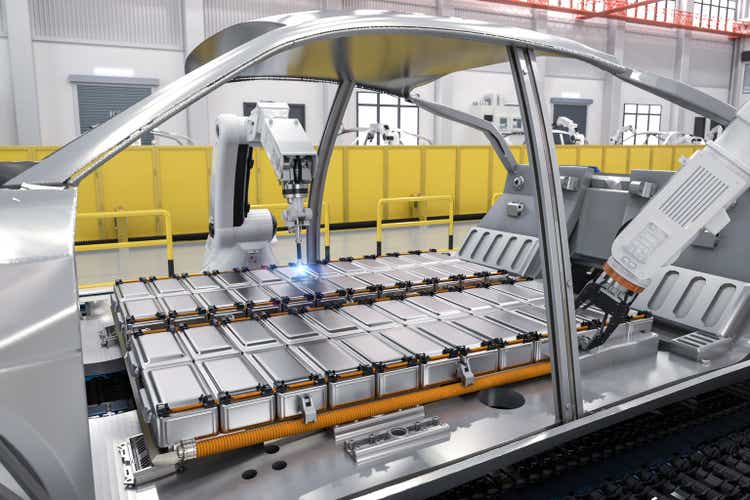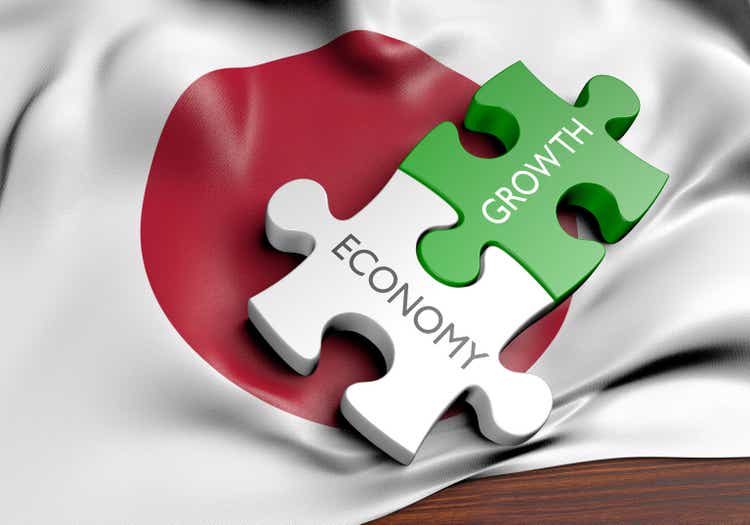The upcoming next-generation Goods and Services Tax (GST) reforms will further simplify tax processes and reduce compliance burdens, particularly for small businesses, Union Finance Minister Nirmala Sitharaman said on Tuesday.
The finance minister was speaking at the 120th Foundation Day Celebrations of City Union Bank in Chennai.
GST Council meet on September 3-4
This comes ahead of the GST Council meeting chaired by Sitharaman, scheduled for September 3-4, to discuss revisions in tax slabs. The Centre is nearing the deadline for implementing the next-generation GST reforms by early October.
Revenue Secretary Arvind Shrivastava, who is the ex-officio secretary of the Council, had issued a notice last month regarding the meeting and confirmed that the officers’ meeting of states and Centre will be held a day before the 56th Council session.
Two-tier GST structure under discussion
According to government sources, the Central Government is proposing to scrap the 12 per cent and 28 per cent GST rates, retaining only 5 per cent and 18 per cent slabs. The announcement comes days after Prime Minister Narendra Modi, in his Independence Day address, said people would get a “very big gift on Diwali” as the government embarked on a “big reform of GST.”
“The Prime Minister has recently announced the creation of a task force for next-generation reforms with a clear mandate to simplify regulations, lower compliance costs, and build a more enabling ecosystem for startups, MSMEs, and entrepreneurs. Complementing this is the planned rollout of the next generation of GST reforms with a council meeting tomorrow and the day after,” Sitharaman said, adding that in the coming months, there will be further reduction in compliance burden, making it easier for small businesses to thrive.
Jan Dhan push for financial inclusionRollout of next-gen GST reforms will help small businesses: Nirmala Sitharaman ahead of Council meet
Sitharaman also highlighted the achievements of the Jan Dhan Yojana, saying that over the past 11 years, more than 56 crore accounts have been opened with a total deposit balance of Rs 2.68 lakh crore. Of these accounts, 67 per cent were opened in rural or semi-urban areas, while women hold 56 per cent.
“A bank account is not just a passbook; it is a passport to opportunity, enabling access to credit, savings, insurance and dignity,” she said, according to a post on X by her office.
The finance minister further said that India’s scheduled commercial banks have seen a massive improvement in asset quality, leading to a reduction in NPAs. “Macro stress test results show that the Scheduled Commercial Banks' aggregate capital levels will continue to remain above the regulatory minimum,” the post added.
Bank deposits with Scheduled Commercial Banks (SCBs) recorded a year-on-year growth of 11.3 per cent as of June-end 2025, slightly lower than the 11.7 per cent growth (net of merger) seen a year earlier, as per RBI’s latest quarterly data. The increase was primarily driven by a strong rise in term deposits, which grew 13.5 per cent year-on-year, compared with a modest 5.4 per cent growth in savings deposits.
(With inputs from ANI)

 5 days ago
1
5 days ago
1


















 English (US) ·
English (US) ·